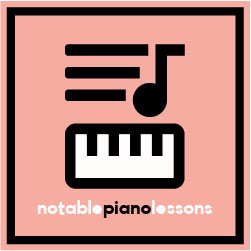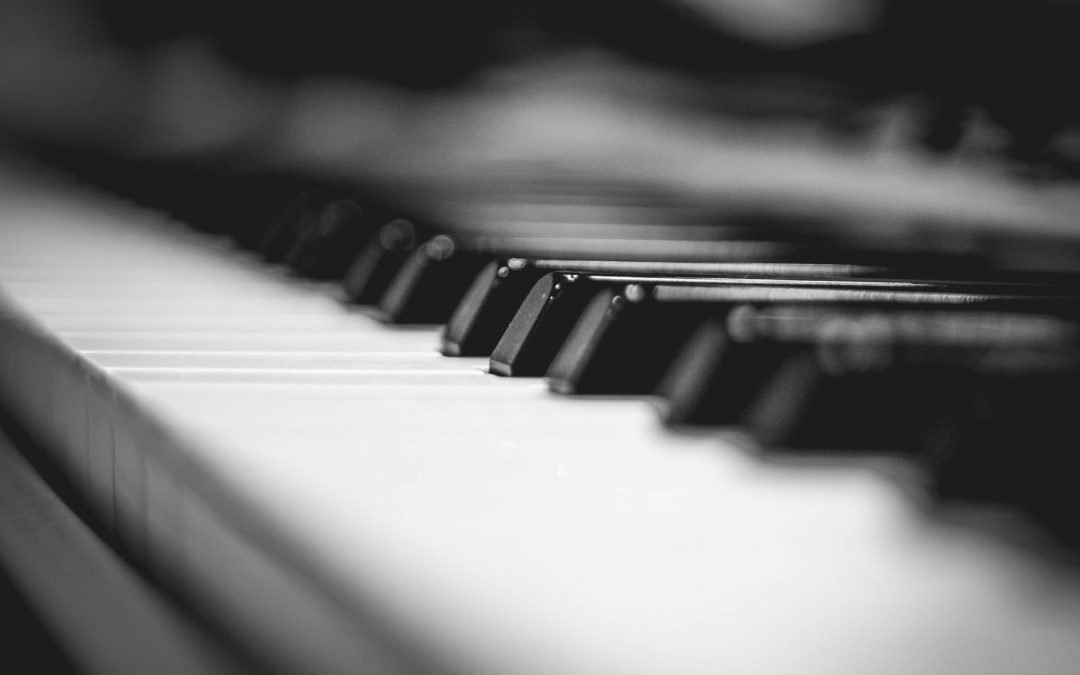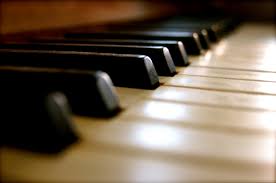
1. Learn Correct Technique
(Option- Listen to video below). If you are thinking about starting adult beginner piano lessons, let me share with you 10 essential piano tips that will help you get started on the right foot.
My number one piece of advice would be to choose a teacher who can teach you the correct technique from the beginning. Why would you want to learn how to play the piano if you are not taught the tools that teach you how to produce a beautiful sound. (Don’t Play Ugly!)
I remember listening to this girl in church who was about 12 or 13 years old play the prelude music while we were waiting for the meeting to begin. She had great rhythm, and was reading the notes well but she didn’t have that melodious sound that makes you want to close your eyes and just soak up the sound. She was hitting the keys and basically sounded like she was playing the drums instead of the piano.
Obviously she had not been taught any beginning piano technique such as phrasing, a legato touch, pedaling, etc. I don’t mean to be harsh but it just wasn’t enjoyable to listen to. I wanted to be able to help her as she had all the makings of a great pianist. Sorry I’ve become a bit of a piano snob when it comes to tone, and voicing.
2. Find an Instrument That You Will Enjoy Practicing On
I for one prefer an acoustic piano to play on. Acoustic just means that it is not electronic. You don’t plug it in nor does it use batteries. However, finding an acoustic piano that sounds really good can be expensive for most people just starting out. So for a smaller budget I would recommend an inexpensive used piano that is in good working order and move up from there according to your budget. In good working order just means it sounds pretty good to your ear, and doesn’t have any broken keys that aren’t producing sound.
Also you’ll want to make sure your instrument is in tune. I often hear of piano students who tell me that certain keys on their piano aren’t working or their piano doesn’t sound like mine because it is out of tune. This makes it hard to want to practice when the sound of the instrument is discordant.
If you want to start with something a little less expensive or don’t have the space for an acoustic piano, then I would recommend at least a touch-senstitive keyboard of at least 60 keys. This means you can produce soft and louder tones by how much weight you apply to the keys. Most keyboards these days should be touch sensitive, but be careful to ask when you are purchasing one. Also if you can pay a little more money I would get one with weighted keys. This just means the keys are weighted to feel heavier to the touch so they feel more like an acoustic piano. This will help your fingers to build strength which will help as you are working on your technique.
Also you might consider purchasing a full-size digital piano with weighted keys. There are some great features on keyboards and digital pianos these days that you can have fun with such as a large number of different instrument sounds and the ability to record your own music. You can also purchase an audio interface that you can hook up to the piano and keyboard that will allow you to record and edit with different types of software. This might come in handy if you are interested in making Youtube videos.
Also when you purchase your piano, make sure you invest in a proper bench to sit on. Your bench should allow you to sit with your forearms just level with the piano. You might consider getting an adjustable bench if you are above or below average height or uncomfotable with the traditional size piano bench.
3. Learn A Method That Teaches You Note Reading And Ear Training.
If you want to be a good note reader, don’t start with a method where you strictly play by ear. Playing by ear is great, but if you want to be a good sight reader, I would learn a method that incorporates note reading and ear training at the same time. I do teach this in my older beginner online piano training membership. I hear people play some amazing memorized pieces, but if you ask them to play a simple hymn in church or accompany a choir, they don’t have the sight reading skills to do so. Likewise if you want to be able to play by ear, don’t just practice songs where you are only reading notes off the staff. Most teachers, either teach one or the other, but it would be to your advantage to find a teacher that can teach you both simultaneously. (Stay tuned for part 2 coming soon). In the meantime, learn more about me and my online piano training membership at NotablePianoLessons.com.


